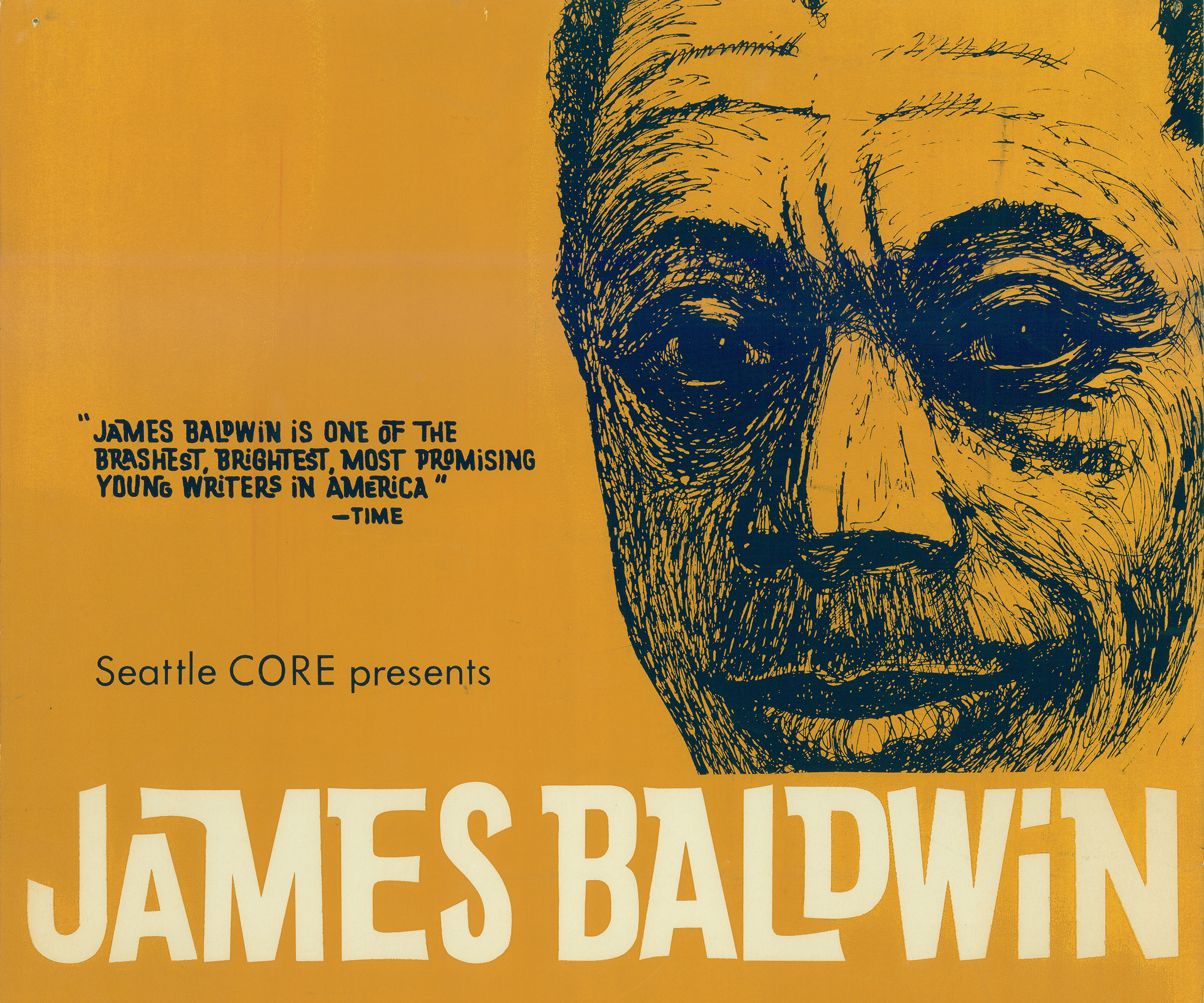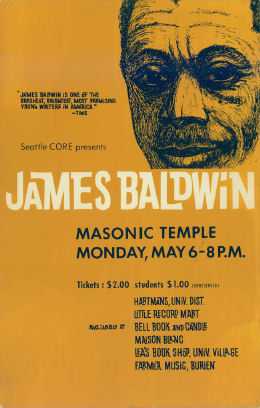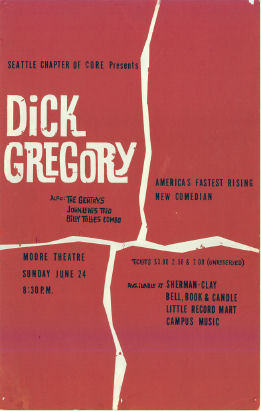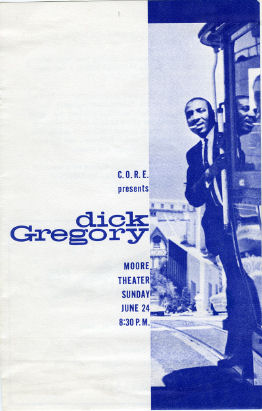Seattle in Black and White


CORE volunteers used their personal typewriters to cut mimeograph masters for fliers printed on a borrowed machine, and we met in space donated by the YMCA or the YWCA. But in-kind contributions could not cover all costs: materials for picket signs, paper and postage for mass mailings, hot coffee for winter picketers, and airfare for our Freedom Rider.
Crucially important, National CORE constantly needed financial support for fighting segregation in the South. Raising money was a regular challenge, while we simultaneously continued campaigns for equal employment, housing, and schools. Active CORE members paid dues of $2.00 a year (equal to about $15 today. Amounts would be seven and a half times larger in today's dollars.) We were frequently urged to donate more. Many individuals and groups contributed, especially churches. One man gave $10-$25 each month; sometimes $80, $100, or even $150.
In addition to dues and contributions, CORE put on fundraisers. A few memorable events provided publicity in the wider community as well as bringing in money. Early in 1962 Seattle CORE screened a copy of the film Freedom Ride in many locations around Washington. Then comedian Dick Gregory offered to perform for benefit of local and national CORE. Working frantically to pull it off, Seattle CORE sold tickets and filled the Moore Theater. We even persuaded Dizzy Gillespie to open the show. In 1963 author James Baldwin spoke to an overflow crowd at what is now the Egyptian theater, the result of our energetic publicity and ticket sales, again bringing in funds for both Seattle and national CORE. We put on dances and other events. We sold Christmas cards, tote bags, and cloth dolls, to benefit national and to support enterprising poor communities in the South. Persistently, every month, we urged members to pay their dues, to make contributions, to "dig deeper." Somehow, in the midst of fact-finding, negotiating and nonviolent action, we raised enough money to support our activities and donate to fight segregation in the South.

Photo credits: Singler, Personal Collection.
The Congress of Racial Equality and the Fight For Equal Opportunity

Photo credits: Singler, Personal Collection.

Photo credits: CORE, Matson Collection.